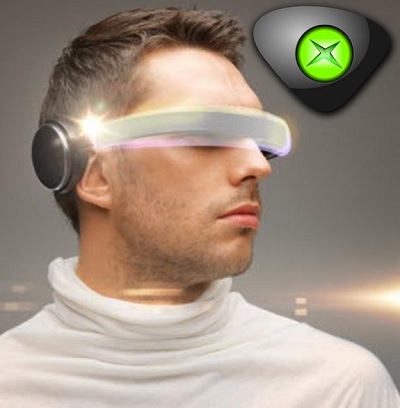RoomAlive creates virtual objects that people can interact with in the physical world.
The augmented reality gaming system can turn a full living room into a virtual play area, which was recently demonstrated in a proof-of-concept video that was released by Microsoft Research.
RoomAlive utilizes a projector and a collection of depth cameras.
This is how the AR system maps the room, as well as the furniture and the people inside it. The pixels that are mapped can be used for input or output, which enables people to touch, dodge or shoot virtual content.
In the recent video about RoomAlive, it demonstrates how the system is set up and shows diverse simple game concepts in action. The people demoing the system are shown playing a whack-a mole like game that uses a gun and another game with traps that pop out of walls. Furthermore, according to the video, the system is linked to Unity, which gives developers the opportunity to design games around Microsoft’s augmented reality technology.
The narrator in the video says that “The system automatically creates a unified model of the room by combining the depth maps from each pro cam unit. In addition to the 3D model, our system automatically extracts the surfaces in the room, identifying vertical and horizontal surfaces in the floor plan.”
Microsoft’s augmented reality gaming system adapts content to any room.
The information provided in the video states that users of RoomAlive can touch, stomp, dodge, shoot and steer content that is projected seamlessly into the room, as if it were a natural part of the physical environment.
Furthermore, a unified model of the room is created by the system that does not require the intervention of the user. This is made possible because the projector-depth camera units are self-localizing and individually auto-calibrating.
The RoomAlive augmented reality system is still in the research stages and there has been no word yet on when this unique gaming experience will be available for consumers to obtain and enjoy. Furthermore, while there is no question that this is indeed a fascinating device, it is likely to be a costly product since it requires more than one high-end projector to work.

 According to the source, the reason that the AR glasses are being placed on the back burner has nothing to do with the actually implementing the
According to the source, the reason that the AR glasses are being placed on the back burner has nothing to do with the actually implementing the 